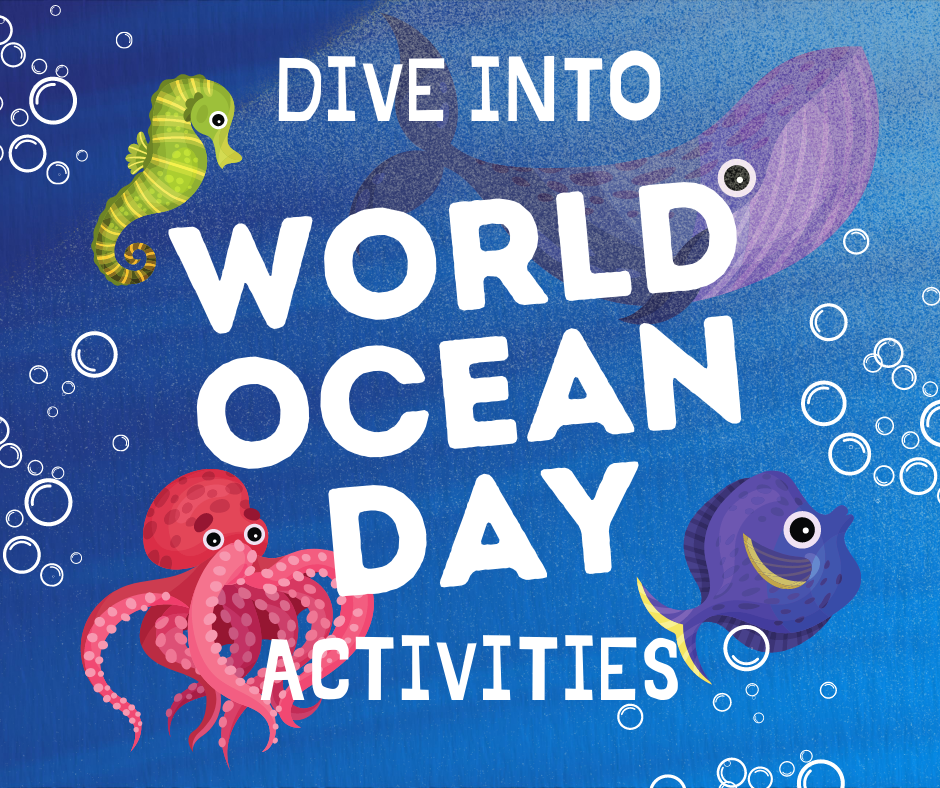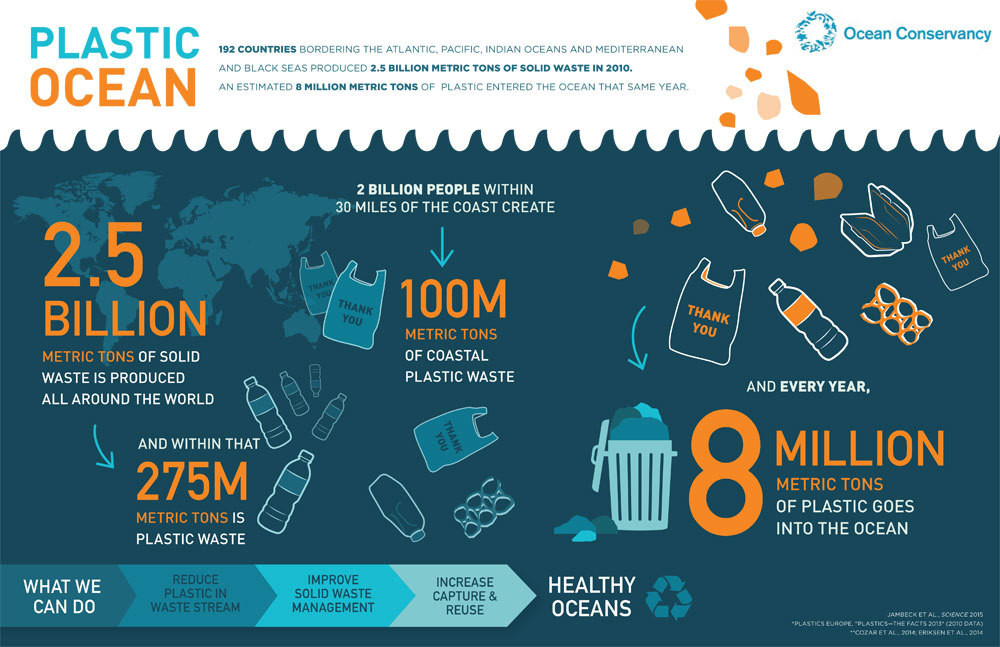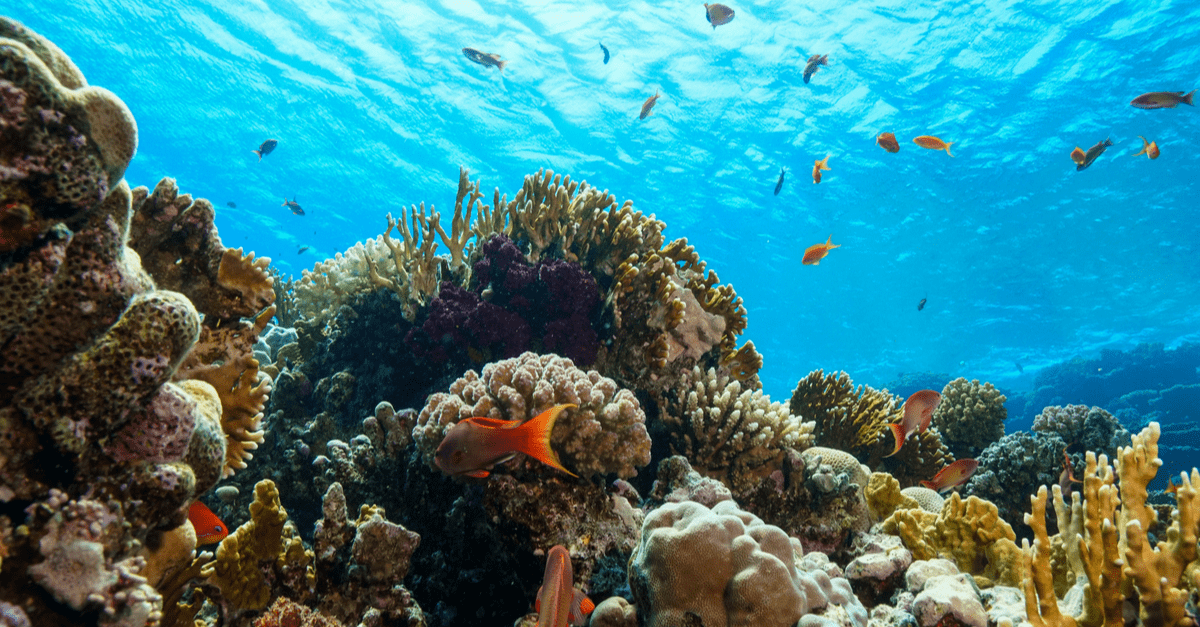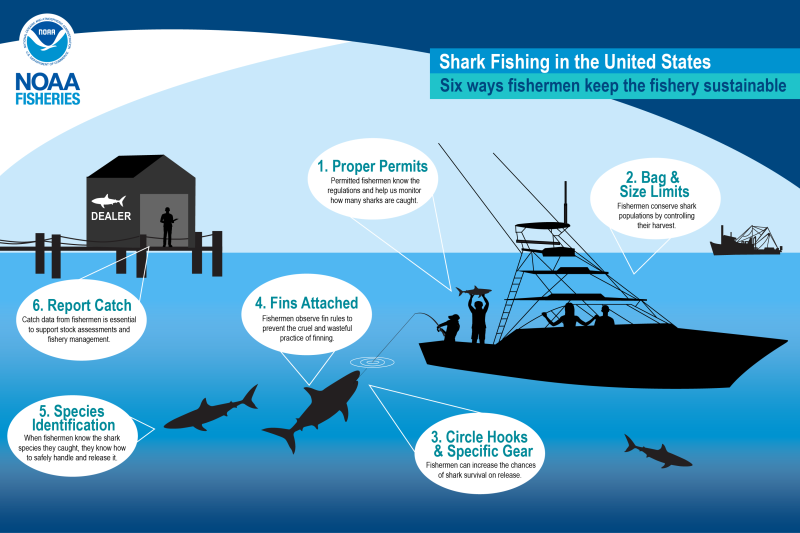
Celebrate World Oceans Day 2023
-
Table of Contents
- How to Celebrate World Oceans Day: Ideas for Families, Schools, and Communities
- The Impact of Plastic Pollution on Our Oceans: What You Can Do to Help
- The Benefits of Marine Protected Areas: Why We Need to Protect Our Oceans
- The Role of Technology in Protecting Our Oceans: How We Can Use Technology to Monitor and Protect Our Oceans
- The Importance of Sustainable Fishing Practices: How We Can Help Protect Our Oceans and Marine Life
“Celebrate World Oceans Day – Join the Wave of Change!”
World Oceans Day is an annual event celebrated on June 8th to raise awareness and appreciation for the world’s oceans. It is a day to recognize the importance of the oceans to our planet and to celebrate the ways we can protect them. The day is celebrated around the world with events, activities, and campaigns to help protect our oceans and the creatures that live in them. From beach cleanups to educational activities, World Oceans Day is a great way to get involved and make a difference.
How to Celebrate World Oceans Day: Ideas for Families, Schools, and Communities
Families, schools, and communities can all take part in celebrating World Oceans Day and raising awareness of the need to protect our oceans. Here are some ideas for how to celebrate World Oceans Day:

Families:
1. Take time for a beach or ocean clean-up. Gather your family and head to the beach or a nearby body of water to pick up any trash or debris that has been left behind.
2. Learn about ocean conservation. Research the threats facing our oceans and discuss ways that your family can help protect them.
3. Watch a movie about the ocean. Choose a movie that focuses on the beauty and importance of the ocean and its creatures.
Schools:
1. Host an assembly or event. Invite a speaker to talk about the importance of protecting our oceans.
2. Create an art project. Have students create artwork that focuses on the beauty of the ocean and its creatures.
3. Participate in a beach clean-up. Organize a school-wide beach clean-up and invite parents and community members to join.
Communities:
1. Invite members of the community to join in a beach clean-up and help raise awareness of the need to protect our oceans.
2. Host a panel discussion. Invite experts to discuss the threats facing our oceans and ways that the community can help protect them.
3. Have members of the community create a mural or other artwork that focuses on the beauty of the ocean and its creatures.
By celebrating World Oceans Day, families, schools, and communities can all help to raise awareness of the need to protect our oceans and take action to ensure their future.
The Impact of Plastic Pollution on Our Oceans: What You Can Do to Help
Plastic pollution is one of the most pressing environmental issues of our time. Every year, millions of tons of plastic waste enter our oceans, threatening the health of marine life and the environment. This plastic pollution has a devastating impact on our oceans, from the destruction of coral reefs to the entanglement of marine animals in plastic debris.

The good news is that there are many ways to help reduce plastic pollution in our oceans. Here are some of the most effective ways to make a difference:
1. Reduce your plastic consumption. The best way to reduce plastic pollution is to reduce the amount of plastic you use. Choose reusable items such as water bottles, shopping bags, and straws instead of single-use plastics.
2. Recycle properly. Make sure to properly recycle all plastic items. Check with your local recycling center to find out what types of plastic they accept.
3. Support organizations that are working to reduce plastic pollution. Consider donating to or volunteering to help make a difference.
4. Spread the word. Educate your friends and family about the dangers of plastic pollution and how they can help reduce it.
By taking these steps, you can help reduce plastic pollution in our oceans and protect the environment for future generations.
The Benefits of Marine Protected Areas: Why We Need to Protect Our Oceans
The ocean is a vital resource for life on Earth, providing food, oxygen, and a home for countless species. Unfortunately, human activities have caused significant damage to the marine environment, leading to the destruction of habitats, overfishing, and pollution. To protect our oceans and the species that inhabit them, Marine Protected Areas (MPAs) have been established. MPAs are areas of the ocean that are set aside for conservation and sustainable use.
By protecting areas of the ocean from human activities, MPAs help to preserve habitats and biodiversity. This is especially important for species that are threatened or endangered, as it gives them a safe place to live and reproduce. MPAs also help to protect important nursery areas, where young fish and other species can grow and develop.

MPAs also help to maintain the health of the ocean by providing a refuge for fish and other species to reproduce and replenish their populations. This helps to ensure that there are enough fish and other species to sustain healthy fisheries. MPAs also help to protect the ocean from pollution, as they provide a buffer zone between human activities and the marine environment.
In addition to the environmental benefits, MPAs also provide economic benefits. By protecting areas of the ocean, MPAs help to ensure that there are enough fish and other species to sustain healthy fisheries. This helps to support local fishing communities and provides a source of income for those who rely on fishing for their livelihood. MPAs also help to attract tourists, which can provide a boost to local economies.
Overall, MPAs are an important tool for protecting our oceans and the species that inhabit them. By providing a safe haven for species to reproduce and replenish their populations, MPAs help to maintain the health of the ocean and provide economic benefits to local communities. It is essential that we continue to protect our oceans and the species that inhabit them, and MPAs are an important part of this effort.

The Role of Technology in Protecting Our Oceans: How We Can Use Technology to Monitor and Protect Our Oceans
The ocean is a vital part of our planet, providing us with food, oxygen, and a home for countless species of plants and animals. Unfortunately, our oceans are facing a number of threats, from overfishing to plastic pollution. Technology can play an important role in protecting our oceans, by helping us to monitor and understand the health of our oceans, and by providing us with the tools to take action to protect them.
One way that technology can help us to protect our oceans is by providing us with the means to monitor them. Through the use of satellites, drones, and other remote sensing technologies, we can track changes in ocean temperature, salinity, and other factors that can affect the health of our oceans. This data can be used to identify areas of concern and to inform conservation efforts.
Technology can also be used to help us understand the impact of human activities on our oceans. For example, acoustic monitoring can be used to track the movements of fish and other marine life and to identify areas of overfishing. Similarly, satellite imagery can be used to track the spread of plastic pollution, and to identify sources of pollution.
Artificial intelligence can be used to identify illegal fishing vessels and to alert authorities to their presence. Similarly, autonomous underwater vehicles can be used to monitor coral reefs and to identify areas of damage.
By providing us with the means to monitor and understand the health of our oceans, and by providing us with the tools to take action to protect them, technology can help us to ensure that our oceans remain healthy and vibrant for generations to come.
The Importance of Sustainable Fishing Practices: How We Can Help Protect Our Oceans and Marine Life
Sustainable fishing practices are essential for the preservation of our oceans and marine life. As the human population continues to grow, so does the demand for seafood, leading to overfishing and the destruction of marine habitats. If we are to protect our oceans and the creatures that inhabit them, we must take steps to ensure that our fishing practices are sustainable.
The most important step we can take is to reduce the amount of fish we take from the ocean. This can be done by limiting the number of days we fish, reducing the size of our nets, and using more selective fishing methods. We can also reduce the amount of bycatch, which is the unintentional capture of non-target species. Bycatch can include juvenile fish, turtles, dolphins, and other marine life. By using more selective fishing methods, such as circle hooks, we can reduce the amount of bycatch and help protect our oceans and marine life.

Another way to ensure sustainable fishing practices is to use more sustainable gear. This includes using nets made from biodegradable materials, such as hemp or jute, and avoiding the use of driftnets, which can be up to 30 miles long and can cause extensive damage to marine habitats. We can also reduce the amount of fuel used in fishing boats by using more efficient engines and using renewable energy sources, such as solar or wind power.
We can help protect our oceans and marine life by supporting sustainable fisheries. This means buying seafood from fisheries that are certified by the Marine Stewardship Council or other organizations that promote sustainable fishing practices. We can also support local fisheries that use sustainable methods and avoid buying seafood from fisheries that are known to use unsustainable practices.
We can help protect our oceans and marine life and ensure that our fishing practices are sustainable. Sustainable fishing practices are essential for the preservation of our oceans and marine life, and we must take steps to ensure that our fishing practices are sustainable. World Oceans Day is an important day to recognize and celebrate the importance of our oceans and the life they support. It is a day to raise awareness of the threats facing our oceans and to take action to protect them. It is also a day to appreciate the beauty and diversity of our oceans and to recognize the vital role they play in our lives. By taking part in World Oceans Day, we can all help to ensure that our oceans remain healthy and vibrant for generations to come.
